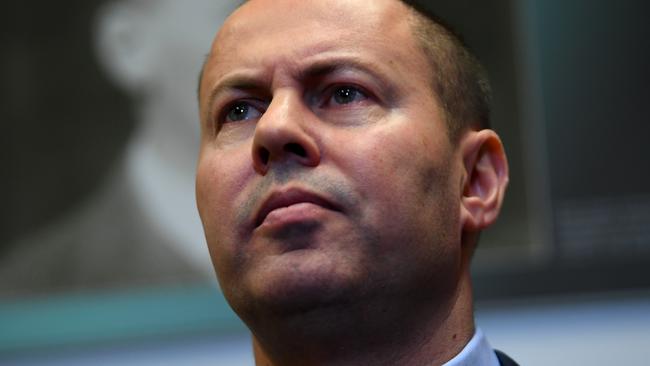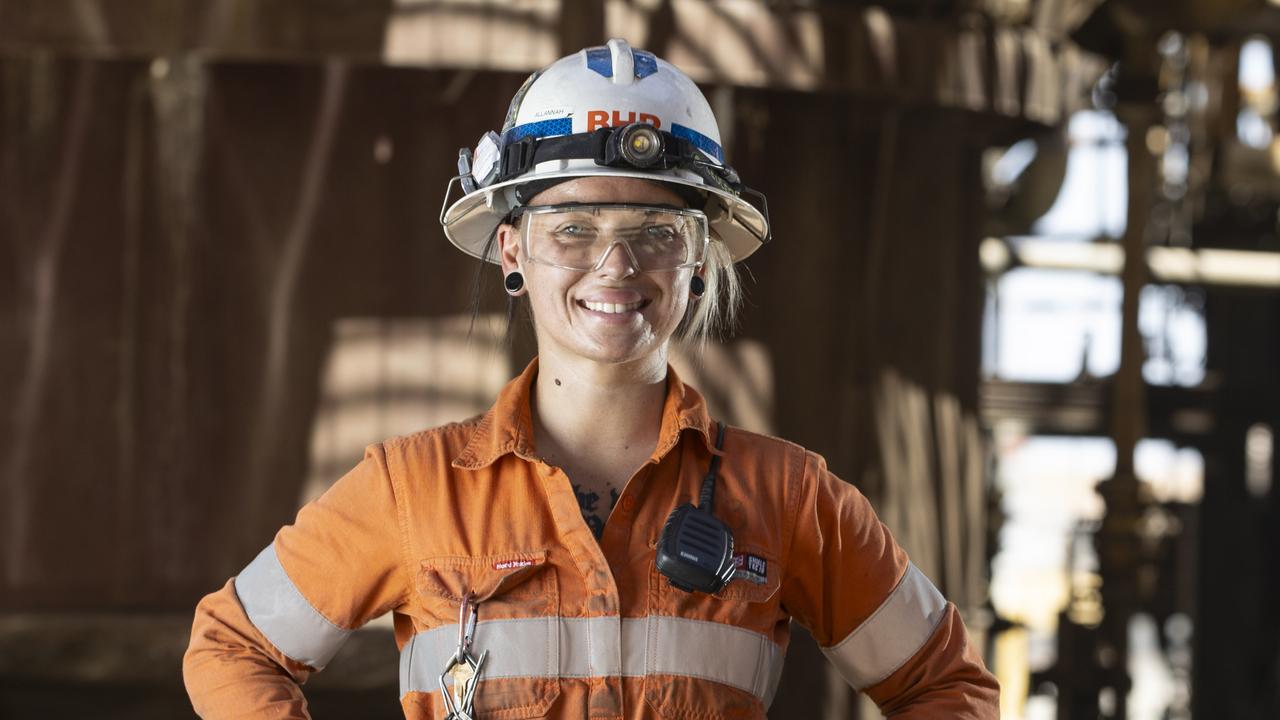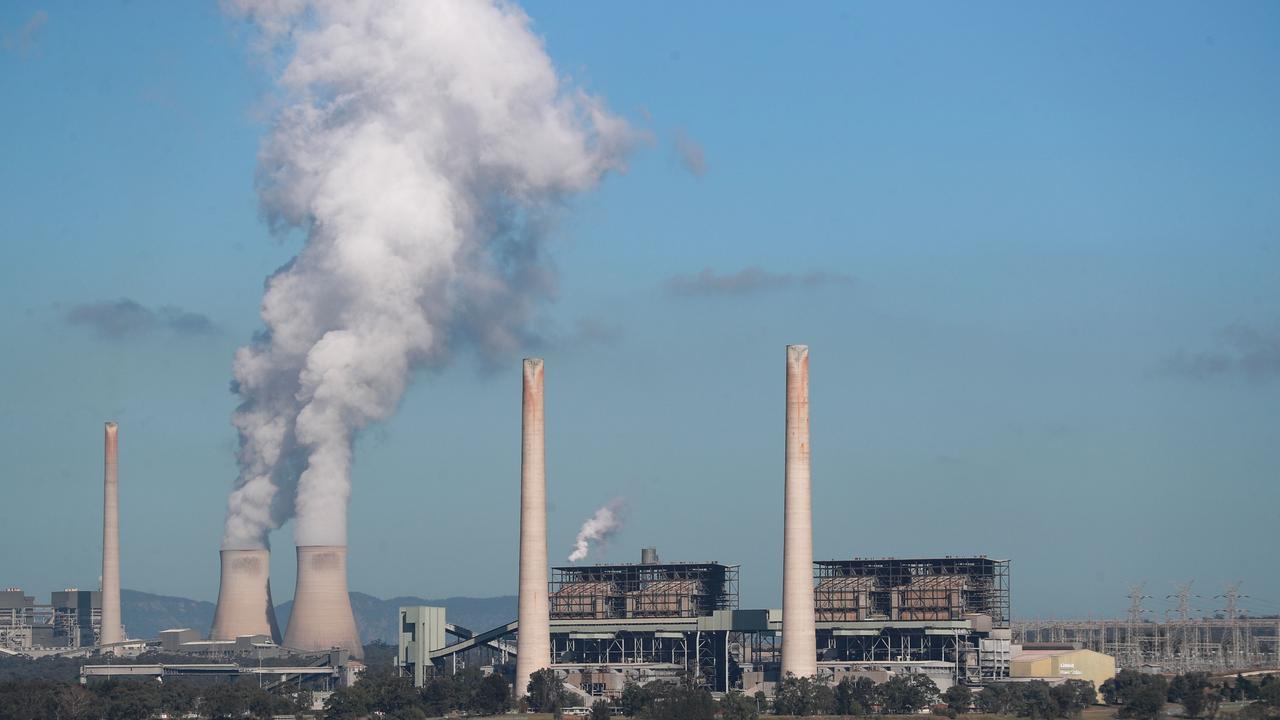Josh Frydenberg denies Rudd claims of recession risk
Josh Frydenberg hits back at Kevin Rudd’s claims Australia is at risk of recession, citing continued employment growth.

Josh Frydenberg has slapped down Kevin Rudd’s claims Australia is at risk of recession, citing continued employment growth and the nation’s comparatively low debt by international standards to dismiss the former prime minister’s warnings.
The Treasurer also maintained his calls for Australian businesses to invest more in productivity-boosting measures, staring down objections from business leaders to his call for them to go for growth rather than distributing capital through special dividends or share buybacks.
In an interview on ABC radio this morning, a day after making a major policy speech aimed at lifting the nation’s productivity as part of a plan to boost wages and improve living standards, the Treasurer said the fundamentals of growth in the Australian economy were stronger than Mr Rudd was suggesting.
As the investment debate intensifies, the Business Council of Australia has put a plan to the government calling for a GFC-style investment allowance for businesses to be reintroduced to boost productivity.
The plan put to the government would involve a broadbased investment allowance being made available to companies that increased their investment activity. It is being pushed as some sort of compensation to companies in the absence of the government being able to legislate company tax cuts.
Senior sources have confirmed to The Australian that the plan has been put to the government and discussed with it but have played down suggestions that it is under active consideration.
The escalating China-US trade war has been stoking global recession concerns, but US president Donald Trump flagged a resumption of negotiations with Chinese President Xi Jinping overnight.
Mr Frydenberg said he was “encouraged” by Mr Trump’s comments, but said he would be “realistic” about the trade negotiations.
The US President has claimed breakthroughs in the trade war before, only to raise tariffs.
“We’ve encouraged the key protagonists here to come to the table, to negotiate their differences, resolve them, and to commit to a rules-based trading system,” Mr Frydenberg said.
“I don’t think we should jump to any conclusions here and I think we have to be realistic.
“Let’s see how it plays out, but those comments from the President were encouraging.”
Mr Frydenberg stared down business pushback against his plea for investment, saying that he was merely pointing uncomfortable “home truths” that growth options were open to businesses and as viable as share buybacks.
In a speech to the BCA yesterday, Mr Frydenberg called on company bosses to invest more in new technologies — rather than returning excess cash to shareholders — in a bid to kickstart flagging productivity and boost wages by $3000 a year.
He highlighted the almost $30 billion that has been returned to shareholders via buybacks and special dividends over the past year — a 140 per cent increase on the average $12bn over the previous four years.
Mr Frydenberg’s challenge to companies that choose to line the pockets of shareholders rather than create jobs and invest in new technologies was rejected yesterday by the Australian Shareholders Association.
“The views have been mixed but sometimes some of these home truths are uncomfortable for people,” he told ABC radio today.
“Companies — whether they are the executive management team and or the board of directors — are accountable to shareholders.
“What I’m doing is that I’m pointing out some realities in the financial system and that’s my job.
“Not every company is the same … but when it comes capital allocation, I’ve just pointed out the fact that growth options sometimes better than share buybacks.”
Mr Frydenberg maintained that employment growth and GDP figures showed Australia was on track to continue its nearly 30-year-long period of uninterrupted growth.
Mr Rudd — the last Labor prime minister — told the National Press Club on Friday that Scott Morrison must consider wider stimulus to protect Australia from recession.
“There is a real risk this country will face a recession next year. A real risk. I don’t seek to talk the economy down, I am simply reflecting the mainstream debate in the US and parts of Europe right now about the softness of the global growth numbers,” Mr Rudd said.
“The real question on Mr Morrison and his government now is to reflect carefully on those conditions, which existed during the time of the last financial crisis, and the lessons to be learnt from it.
“What I see most worryingly is a predisposition on the Morrison government to regard any form of stimulus as politically unclean.
“In fact, the lesson of economic history is, if this thing is going to come and knock you over from external forces, you must act or otherwise throw the country into a very deep recession.”
Mr Frydenberg today said productivity reforms were important but that the fundamentals of growth were stronger than Mr Rudd was suggesting.
“Both the Reserve Bank Governor (Philip Lowe) and myself have pointed (out) that the fundamentals of the Australian economy are strong,” he told ABC radio.
“We’re confident that the Australian economy will continue to grow and we’re putting in place the right policy settings for that to happen. And yesterday’s speech — which focused on productivity and the reforms the Commonwealth, the states and corporate Australia can make — are important.
“I don’t think the economy will not continue with its strong record of economic growth.
“Economic growth is not producing the same result that Kevin Rudd was speculating about.”



